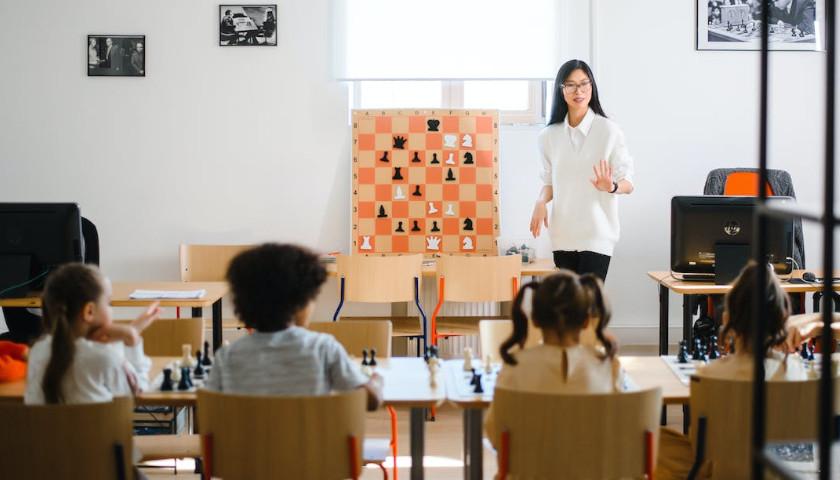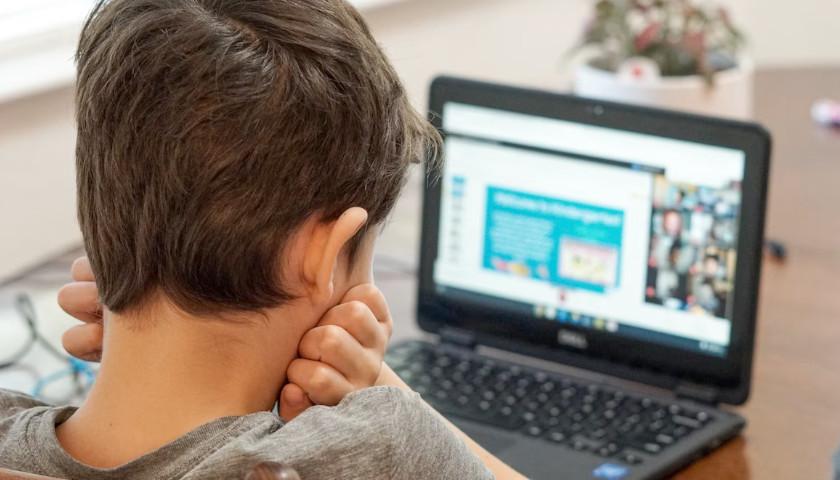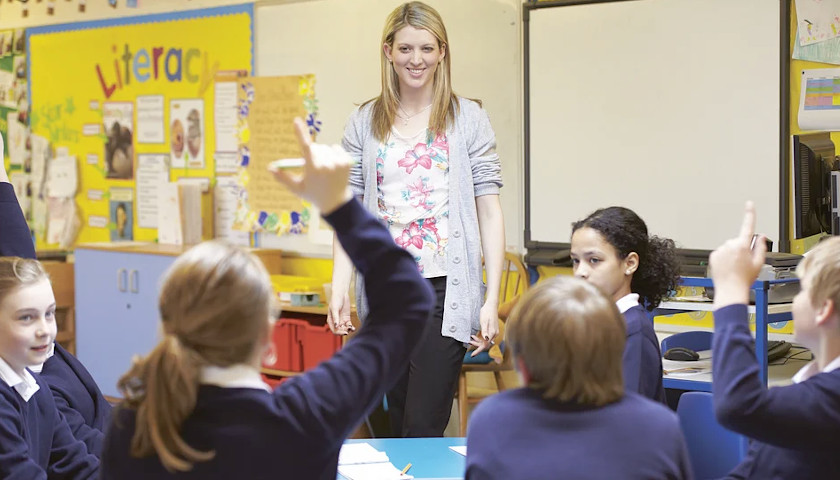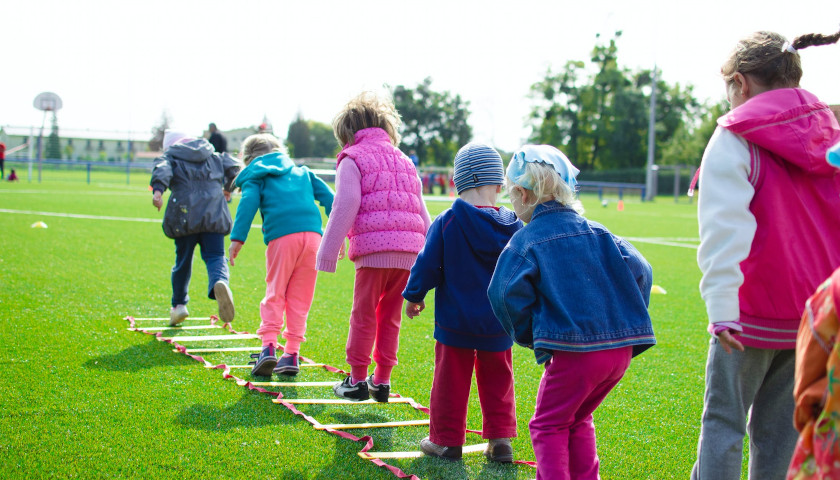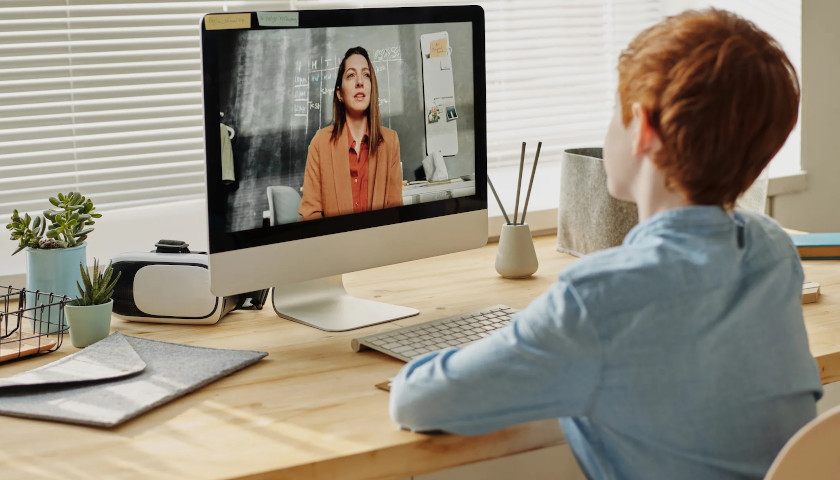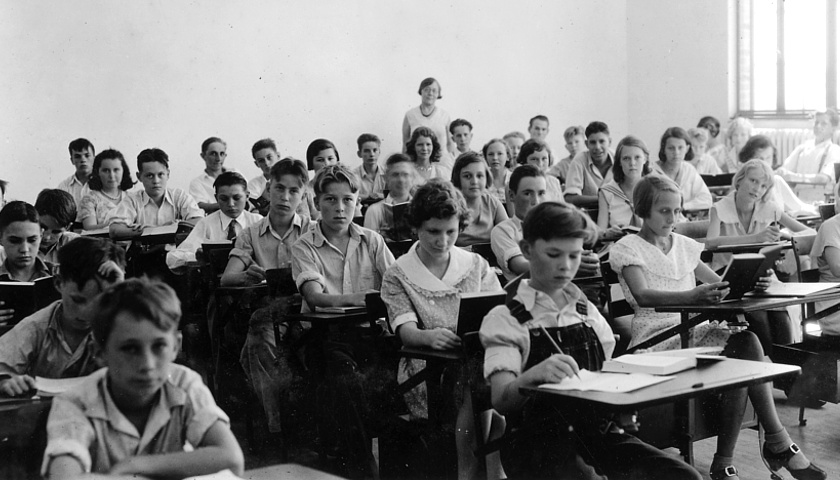As more parents gain the opportunity to abandon a compulsory schooling assignment for other options, including homeschooling and microschooling, it’s no surprise that those who favor top-down control of education feel anxious about this bottom-up education transformation. This nervousness is occurring on both ends of the political spectrum.
On the political left, The Washington Post did some pearl-clutching last week around the possibility that “no government official will ever check on what, or how well, [homeschoolers] are being taught.” On the political right, the Fordham Institute expressed similar concerns about hybrid homeschoolers and microschoolers: “To ensure that those children receive the education they deserve, it will require policymakers to craft smart laws to govern these new institutions….”
Read the full story
